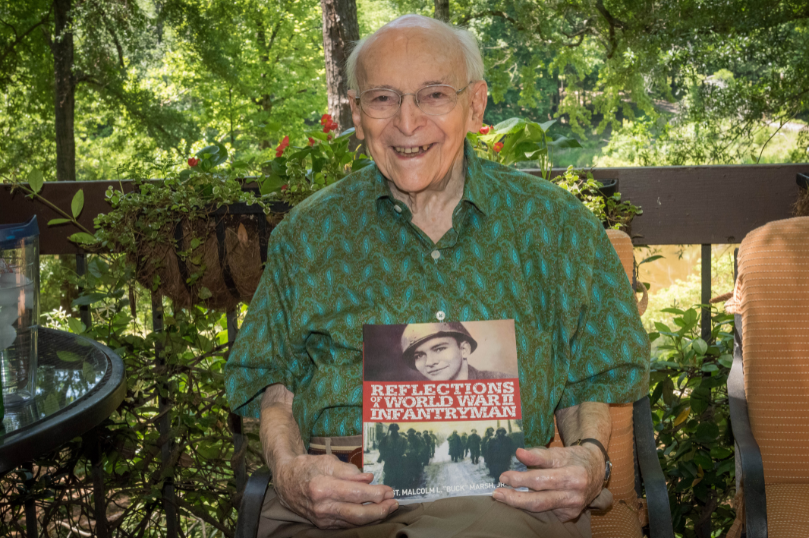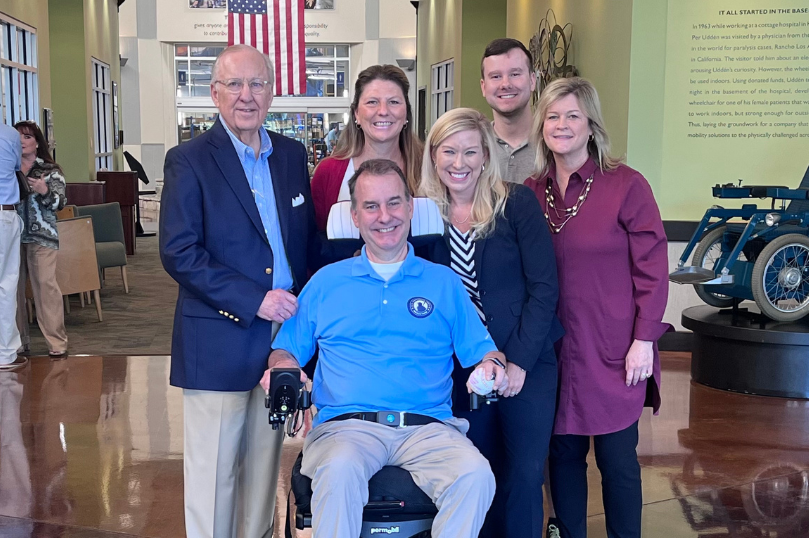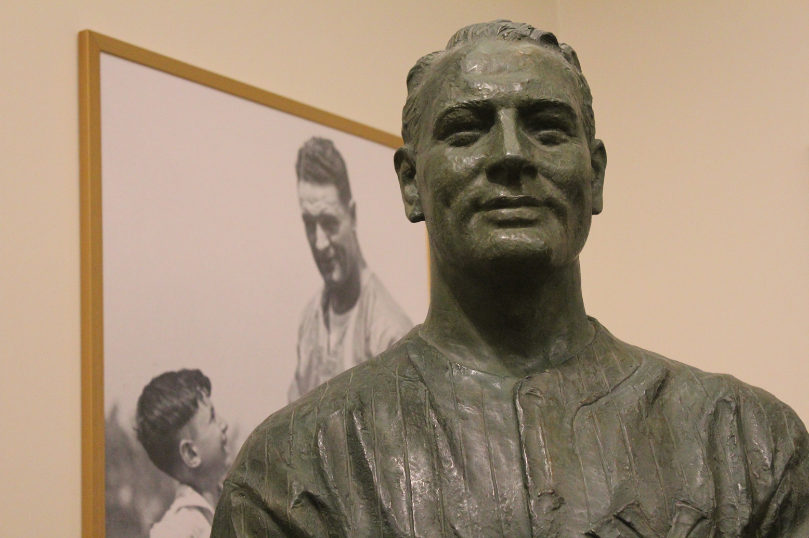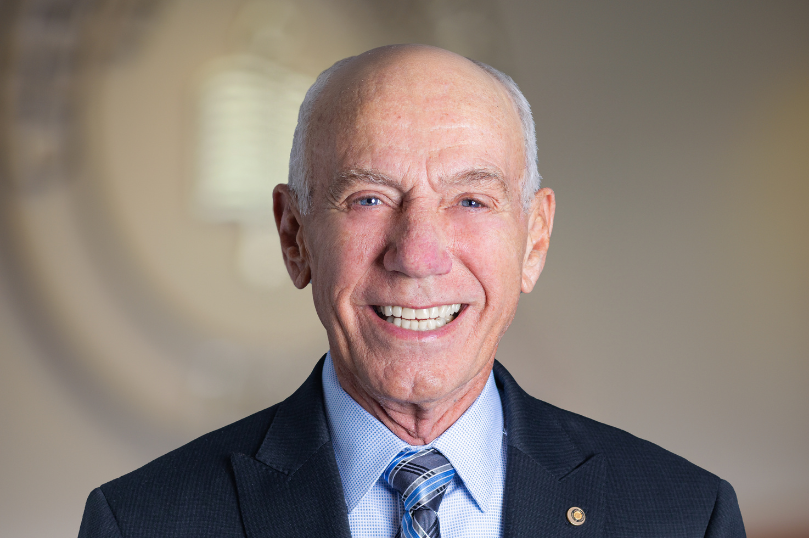Four years of research confirms what the Fraternity is doing right and will guide us moving forward
By: Gentry McCreary, PhD, CEO, Managing Partner, Dyad Strategies LLC
Dyad Strategies the Fraternity’s entire undergraduate membership for the past four years. For three of those years, Phi Delta Theta engaged our team in a research project to help Phi Delt better understand their members’ experiences. As a result, thousands of Phi Delt members each year have completed these surveys. In our four years of examination, we have learned critical lessons regarding the trajectory of the Fraternity, the ways that membership impacts individuals, and how individuals from various backgrounds experience the Fraternity in different ways.
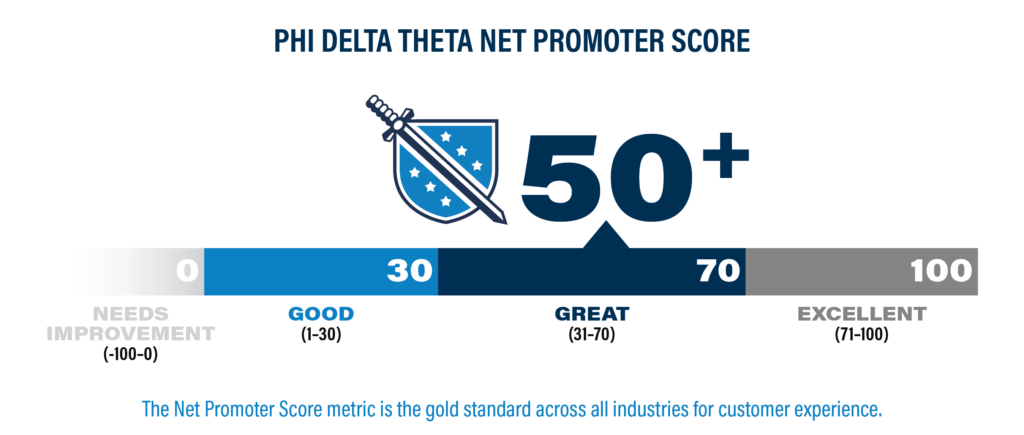
Lesson 1: Phi Delt members are among the most satisfied
Our research gathers data from dozens of national fraternities through our national partnerships and campus-based projects, allowing us to compare Phi Delt members to members of other fraternities on several measures. When one examines the Phi Delt data with the data from other fraternities, the most striking finding is how satisfied members of Phi Delta Theta are in relation to their peers. In each year of our research, Phi Delta Theta members have reported the highest satisfaction levels with their fraternity experience (with satisfaction net promoter scores in the high 50s) among any fraternities represented in our database. This finding is particularly interesting as Phi Delt is one of only a handful of fraternities in our dataset with alcohol-free-housing (AFH) policies. As more and more fraternities have grappled with decisions regarding alcohol in fraternity houses in recent years, many opponents of AFH have suggested that removing alcohol from the fraternity house would ruin the fraternity experience. On the contrary, our research shows that fraternities with alcohol-free-housing policies have the most satisfied members.
Lesson 2: COVID-19 had a profound impact on the Phi Delt experience
COVID-19 was an inflection point in our longitudinal data sets, as several of our measures shifted in meaningful ways. We saw three problematic shifts in our data during the pandemic, and Phi Delt was not immune to these trends. First and least surprising, we saw an increase in alcohol use during the first year of the pandemic. While binge drinking rates have flattened, they have not returned to their pre-pandemic norms. Next, we saw a significant increase in the attention fraternity members pay to their chapters’ places in their respective campus social hierarchies. As fewer students joined fraternities during the pandemic, and the social aspects of membership attracted those who signed on, fraternity members became increasingly concerned about the campus social pecking order and their place within it. This focus has continued to increase even though campus operations have returned to normal. Lastly, we saw a change in attitudes around the new member process. During the pandemic, fraternity members emphasized new member activities designed to reinforce group hierarchy through mechanisms of power and control. Phi Delta Theta has risen to this challenge with the development of a more efficient and effective new member education program which serves as an introduction to their four-year member development program, Pursuit of Greatness. New members participate in leadership development activities through in-person and online education learning that focuses on teamwork, accountability, responsibility, and initiative.
Lesson 3: Investments in first-generation scholarships are a promising investment
Phi Delt has recently announced a scholarship endowment to support first-generation college students who are fraternity members. Our research suggests that this is a fantastic investment. First-generation members of Phi Delt come from families with lower annual incomes, are more racially diverse, and are more likely to work more than twenty hours a week to pay their fraternity dues. These members also positively impact chapter culture—they are less likely to prioritize the social aspects of membership, consume less alcohol, and push their chapters to be more open and inclusive. By creating opportunities to support more first-generation students financially, Phi Delt is doing the right thing by making changes that will positively impact the Fraternity’s culture.
While we are only beginning to fully understand the membership experience in Phi Delta Theta, the lessons learned from the last three years of research can help guide the Fraternity’s direction in the near future. Continuing to promote the benefits of substance-free housing, responding to the unique challenges of the COVID-19 pandemic, and investing in making the experience more accessible for first-generation students are all worthy pursuits for the Fraternity’s leadership moving forward.
Investments in First-Generation Scholarships Important

Current and future strategies to support first-generation Phi Delts
The Phi Delta Theta Foundation has pledged a multi-year commitment to better serve our members. Meet some of the first recipients of the first-generation scholarships provided by the Foundation.
Also, as part of the accredited Pursuit of Greatness program, the General Headquarters’ member development team will be working to seek mentors for our undergraduates. According to the 2018 Strada-Gallup alumni survey, only 25 percent of college graduates report having a college mentor that is supportive and beneficial. Read about the five types of mentors.


